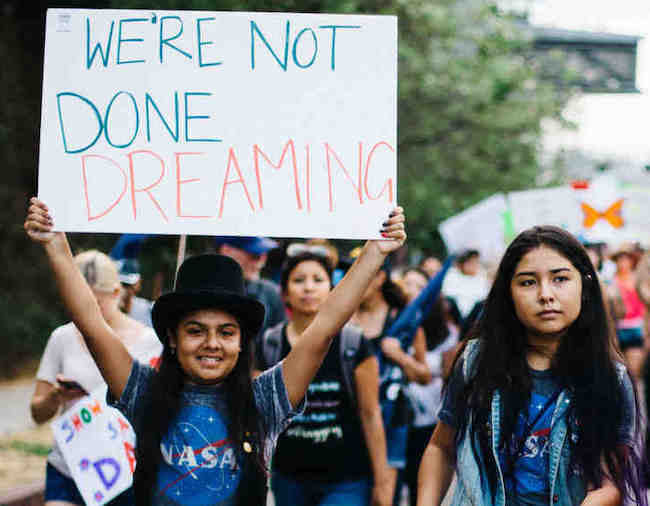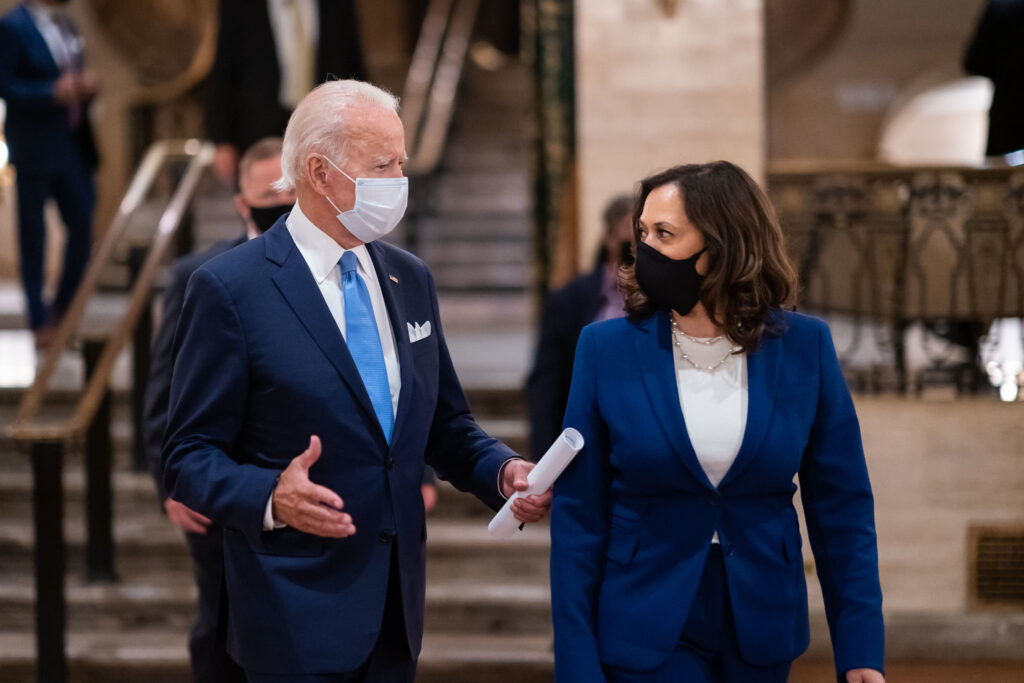In a reversal of Trump administration policy, Biden federal immigration officials will no longer collect information from the Department of Health and Human Services that could lead to the deportation of parents or other possible caregivers who step forward to care for children who cross the border unaccompanied seeking asylum.
The Biden administration’s move is seen as a way to get more potential sponsors – close relatives, usually – to step out of the shadows and take the children into their care in the U.S. without fear of drawing attention to any immigration status troubles of their own.

The change is part of a larger effort to address the surging number of children from Central American countries coming into U.S. custody as they cross the Mexican border in search of asylum protection. The situation is a matter of humanitarian and political urgency for the new administration because emergency facilities to house the children are in danger of being overwhelmed.
Specifically, the Biden administration rescinded a 2018 agreement between the departments of Homeland Security and Health and Human Services (HHS). Under that agreement, child welfare officers within HHS’s Office of Refugee Resettlement were expected to share with immigration agents within Homeland Security information about adults who might consider sponsoring a child. Critics of that policy said it scared off parents or relatives who might otherwise step forward but for fear of being deported themselves.
An administration official told reporters that the decision to change course “sends a really strong signal” that the Office of Refugee Resettlement and HHS are not involved in immigration enforcement.
“We are our child welfare agency,” said a senior administration official, according to news reports. “We are not an immigration enforcement agency. Whatever we can do to encourage those family members and sponsors to come forward more quickly, we need to be doing.”
According to new data obtained by NBC News, as of Sunday, Customs and Border Protection was bringing in 565 unaccompanied children a day, up from an average of 313 children a day in February.
Once processed, those minors are transferred to the custody of HHS, which operates a network of congregate care shelters that house them. The goal is for the children to remain in shelters for a short time as a viable sponsor is identified inside of the United States; once that happens, the child is placed in their custody to await a court day on his or her asylum claim.
A record high of more than 4,200 children were in custody, and almost 3,000 of those were being held longer than the 72-hour legal limit. Last week, there were roughly 3,000 children in Border Patrol custody, 1,400 of whom were being held beyond the 72-hour limit.






